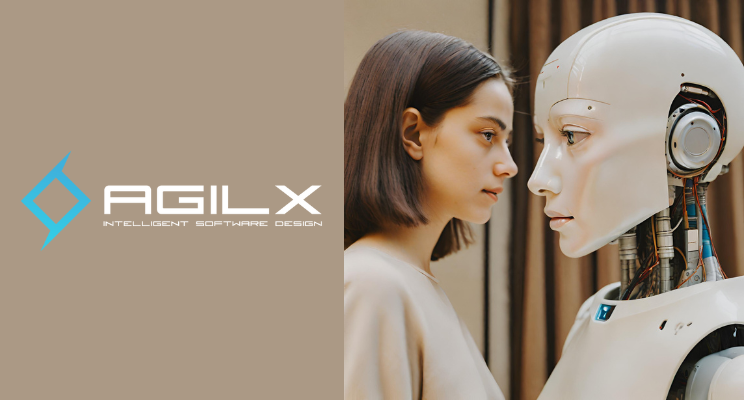In the rapidly evolving landscape of business and technology, the integration of artificial intelligence (AI) has become a critical catalyst for growth and innovation. Companies worldwide are harnessing the power of AI to streamline operations, optimize processes, and drive strategic decision-making. However, the recent emergence of AI-powered executives, with the capability to serve as CEOs, has sparked a distinct debate regarding the optimal utilization of AI within the corporate sphere.
Implementing AI within a company involves leveraging its capabilities to augment existing operations, enhance efficiency, and drive productivity across various departments. From automating routine tasks to analyzing complex datasets, integrating AI technology into different facets of the business can streamline workflows and enable employees to focus on high-value tasks that require human expertise. By utilizing AI as a tool, companies can unlock new avenues for growth, innovation, and competitive advantage, thereby amplifying their overall performance and market presence.
Moreover, incorporating AI within a company fosters a collaborative environment where human intelligence collaborates with machine-driven insights, leading to a synergy that combines the strengths of both realms. This amalgamation of human creativity and AI-powered analytics cultivates a culture of innovation and problem-solving, propelling businesses towards sustainable growth and adaptability in an ever-evolving market.
On the other hand, the concept of having an AI serve as the CEO of a company introduces a paradigm shift in traditional leadership models. While AI-driven executives can efficiently process vast amounts of data, optimize decision-making, and predict market trends, they may lack the nuanced understanding of human interactions, emotional intelligence, and intuitive leadership that human CEOs inherently possess. The absence of human empathy and contextual understanding may pose challenges in fostering a company culture, building strong interpersonal relationships, and aligning the organization with a holistic vision that resonates with employees and stakeholders.
Additionally, entrusting the role of CEO to AI raises concerns about the ethical implications and potential biases embedded within the algorithms. Ensuring that AI-driven decisions align with ethical standards and encompass a diverse range of perspectives remains a critical aspect of AI implementation at the executive level. Building trust and transparency within the organization and the broader business ecosystem is paramount to fostering a sustainable and inclusive corporate environment.
In summary, while integrating AI within a company offers multifaceted benefits, including enhanced efficiency and data-driven insights, the notion of having an AI serve as the CEO poses unique challenges concerning emotional intelligence, empathy, and ethical decision-making. Striking a balance between leveraging AI as a tool and preserving the essence of human leadership is crucial in navigating the ever-evolving dynamics of the digital era, ultimately determining the trajectory of success for businesses in the modern age.
Agilx is a custom software company. For information on custom software, and how you can increase your business’s efficiency with custom software contact Agilx at 402.817.4313 or support@agilx.com
